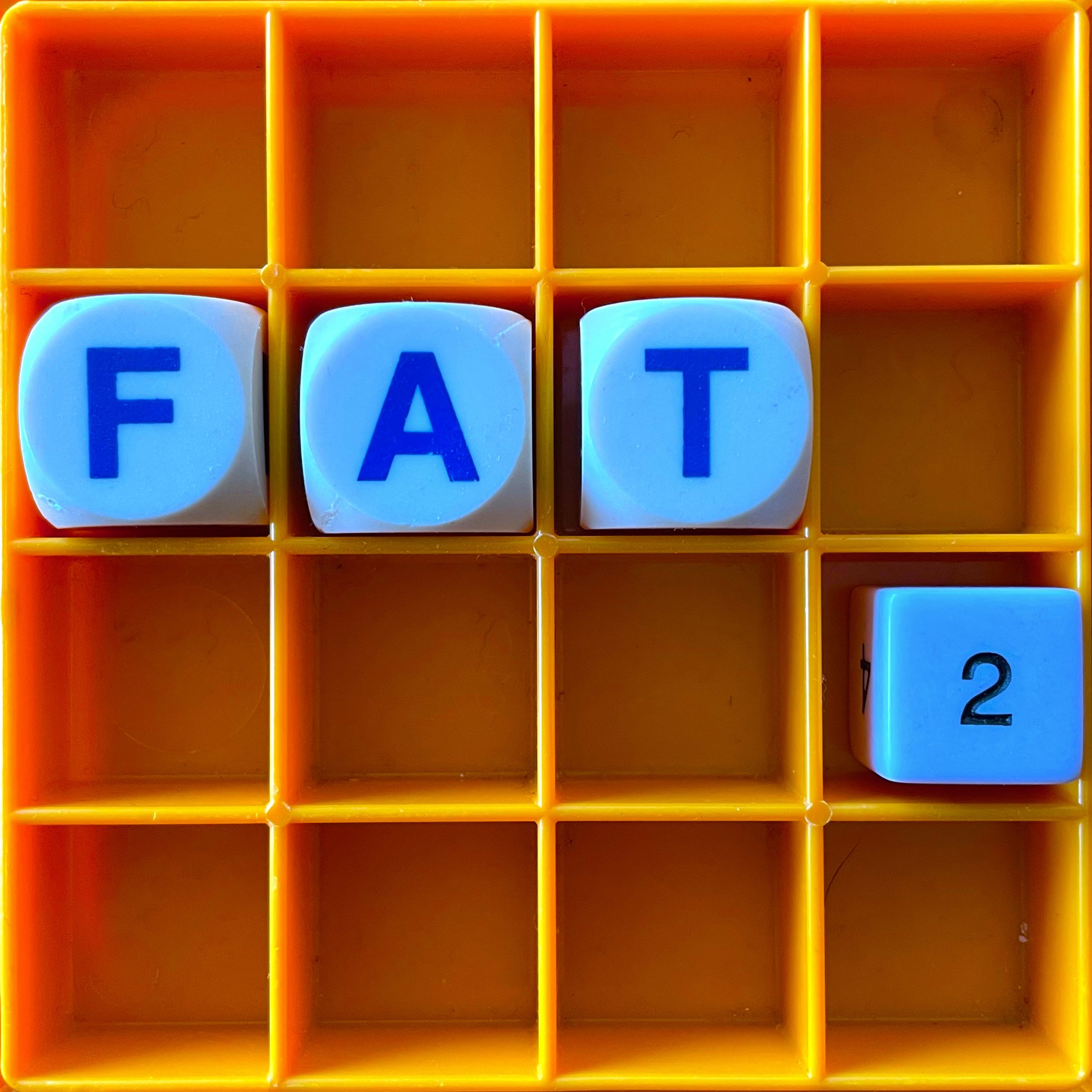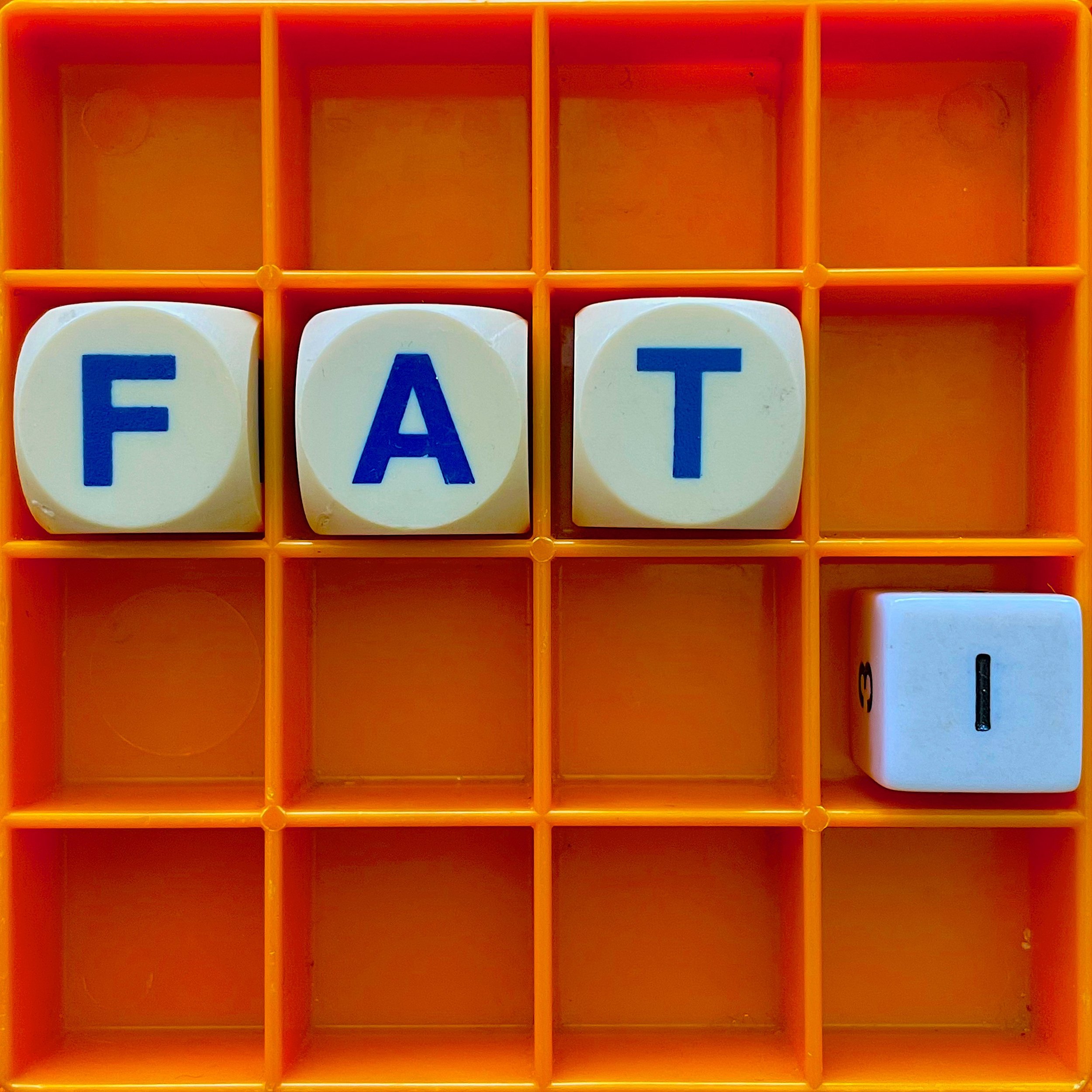This is the Allusionist, in which I, Helen Zaltzman, have been stashing away special Allusiobits all year, when the people who appeared on the show said interesting things that I couldn’t fit into their episode because there wasn’t room or it was not about language - waiting, just waiting, for this, the annual Bonus episode! This year we’ve got something called the ‘universal blank’, which actually does not refer to my emotions; we’ve got tricorn hats, poets with migraines, and why Boston cream pie isn’t a pie. And so much more.
Read moreAllusionist 191 Hypochondria - transcript
CAROLINE CRAMPTON: A lot of the theoretical material that I'd read about hypochondria very much positioned it in this binary situation that either someone has, quote, real illness, i.e. illness that you can detect with a scan or a blood test or some other diagnostic tool, or "It's all in their head and it's made up," and those are the only two ways it can be. But, just personally, I feel like I'm pretty much constantly experiencing some combination of the two. And I think the idea that there is unwarranted fear: I don't think there is any such thing as unwarranted fear, to be honest.
Read moreAllusionist 187 Bonus 2023 transcript
It is the annual Bonus episode - because the people who appear on this show always say so much good stuff, it doesn’t all fit into their original episodes, so at the end of each year we get to enjoy all the extra bounty. Coming up, we’ve got a mythical disappearing island, geese, human dictionaries, the dubious history of the Body Mass Index, a Eurovision thing that has puzzled me for years, Victorian death department stores, and much more.
Read moreAllusionist 184 Misophonia transcript
JANE GREGORY: Misophonia is an extreme reaction to certain sounds and not an aversion to all sounds, but an extreme reaction to specific sounds. And the most common sounds are eating and heavy breathing and kind of repetitive sniffing and coughing and things like that. Which are also sounds that most people don't like the sound of, but people with misophonia will get a much more intense reaction, so it might be more like a fight or flight kind of response, a feeling of anger or panic as opposed to feeling annoyed or irritated or disgusted by the sound. And there's a bit more to it in terms of what goes on around the sounds as well. So it might be feeling trapped or helpless when they can't get away from these sounds. It might be listening out for sounds, even when there aren't any, or continuing to listen to see if the sound is still going, even if it's stopped. And doing things to organize your life around sounds or to cope with sounds. when they happen. So most people who don't like a sound will just deal with it. For people with misophonia, they have to do things to not be able to hear it or to be able to cope with their reactions to it.
HZ: Rather than just grimacing.
JANE GREGORY: Exactly. I mean, there's also some grimacing, but probably also some glaring.
Allusionist 177 Fat part 2 transcript
AUBREY GORDON: Our anti-fatness became a way to sublimate all of the sort of latent racism, classism, ableism, all of that kind of stuff, and just pin it on folks who we could convince ourselves, quote unquote, “did it to themselves” and therefore deserve whatever's coming to them. Which is sort of the attitude toward fat people: “If you really didn't wanna be treated this way, you'd just lose weight,” without any real recognition of what it takes to lose weight. Have you seen people diet? Have you dieted? If you have, you know it is not a straight line.
I think the other thing that feels really tricky about all of this is, aside from surgical methods - and even within some surgical methods - we do not know, scientifically, reliably, how to make fat people thin in the long term. And many physicians know that. Many insurers know that. And yet still the instruction is when you encounter a fat patient, you are in dereliction of duty if you don't tell that person that they're fat and they need to lose weight.
Allusionist 176 Fat part 1 transcript
AUBREY GORDON: The words that always bothered me considerably more than ‘fat’ are the many, many, many euphemisms that people who aren't fat come up with to supplant fat.
HZ: ‘Curvy’. My chins are.
AUBREY GORDON: Totally. I'm like, “I have one curve, guys! I'm just like an egg shape.”
Allusionist 168 Debuts transcript
HZ: The work that RFSU does has included, over the past three decades, coming up with new terms, to fill gaps in the vocabulary or provide more options for talking about sex and bodies.
KALLE ROCKLINGER: Sometimes it's to highlight or make something visible that's not been really talked about. Sometimes it's to change norms in society in some ways, and sometimes it's been sort of a really strategic choice for us in our political work to refuse a certain term or way of describing things, to tell another story, so to speak.
Read moreAllusionist 145 Parents transcript
FREDDY McCONNELL: A lot of the time when you hear about trans and non binary inclusion in pregnancy care, the idea is that all of this inclusive stuff is additive. It's not meant to replace language that works for the vast majority of people who are pregnant, which are cis women; it's just this is the language you use if and when you do encounter someone who's trans.
Read moreAllusionist 132 Additions and Losses transcript
HZ: How do you respond to people using words to you such as 'inspiration' or 'brave'?
CHRISTA COUTURE: Well, if I'm doing something actually inspirational, sure. There's so many times with disability that we're called brave or inspirational for just standing around. I was waiting for the bus and listening to music with my headphones - already a signal that I want to be left alone - but a guy came up to me and asked me take them off and said, "I just want to say" - and I was like, “yeah?” - "I just want to say, I think what you're doing is really inspirational." And I was like, I am literally just standing here listening to music. And do you think that this is a feat for me, to to be in the world? It reveals to me or it tells me so much about what that person thinks about having a disability. They think so little of it, they are impressed that I would leave the house.
Read moreAllusionist 56+12. Joins & Pride - transcript
To celebrate Pride Month, I’m playing two of the Allusionist episodes that have stuck with me the most during the show’s existence.
Read more









